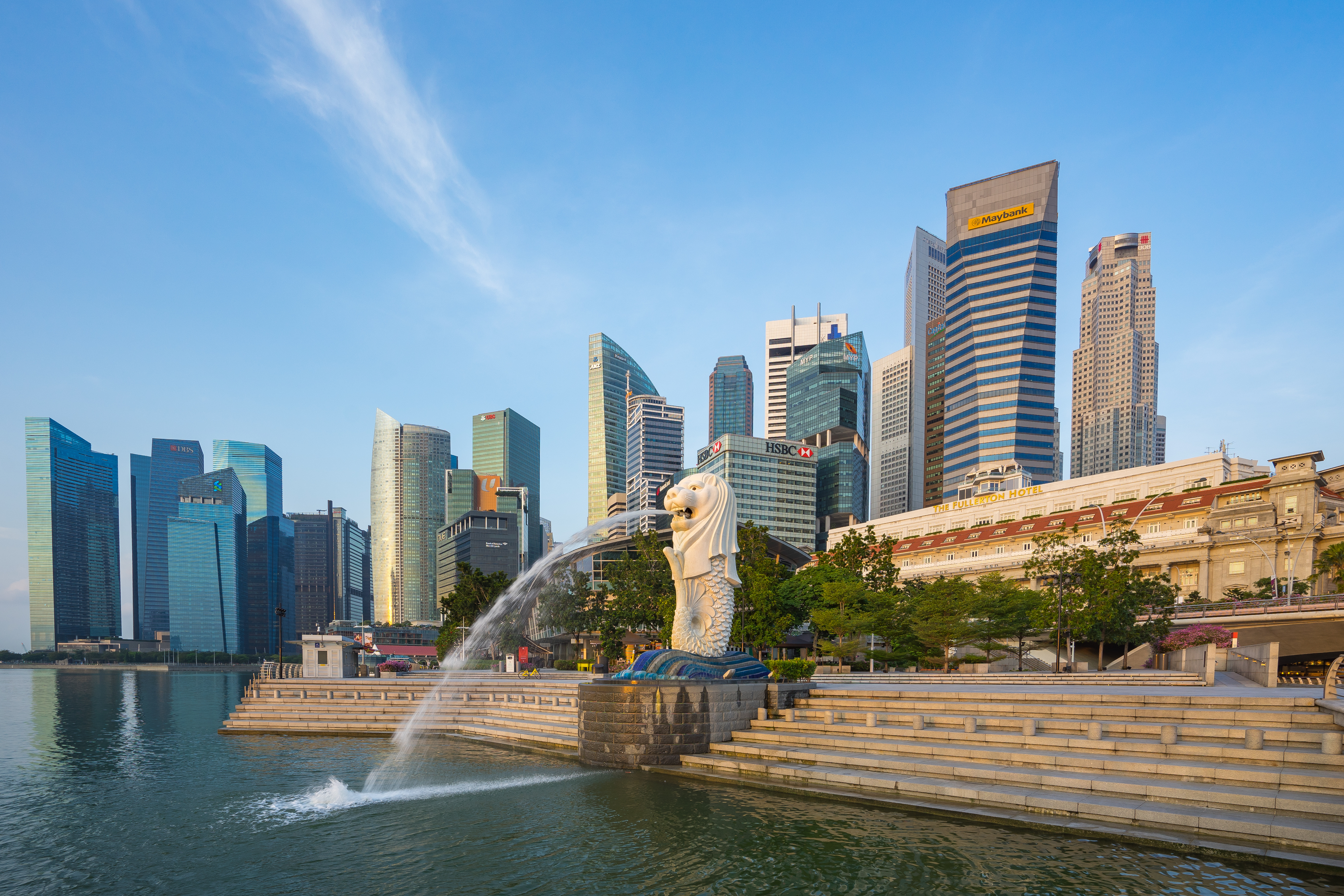Singapore’s Investment Pledges Down 44% from 2022 to 2023

According to government data, Singapore’s investment commitments slowed to S$12.7 billion (US$9.5 billion) in 2023, from a record high of S$22.5 billion in fixed asset investments (FAI) in 2022, driven by a spike in semiconductor investments. Despite this decline, the Economic Development Board (EDB) emphasized that the flow of investment commitments demonstrate confidence in Singapore as a trusted hub amidst a challenging global business environment. Global chemical, electronic, healthcare, and aerospace companies have maintained their investments in Singapore, aiming to bolster their supply chain resilience. This strategic move enables them to better cater to customers not only globally but also within Asia. Similarly, Asian companies are capitalizing on Singapore’s dynamic business environment to extend their reach beyond local borders.
While the 2023 FAI figure was lower, it still exceeded EDB’s medium-to-long-term target range of S$8 billion to S$10 billion. The investment commitments secured in 2023 are projected to create 20,045 jobs over the next 5 years, with approximately 58% of these jobs in services, 26% in research and development, and the remaining 16% in manufacturing. The United States remained the top source of FAI commitments in 2023, accounting for 51.9% of the total investment. In contrast, investment commitments from Chinese companies accounted for only 2.9%. ICT firms and R&D activities played a significant role in HQ projects, indicating the surge of Southeast Asia's digital economy and the widespread adoption of digitalization across various sectors.
Looking ahead, the EBD anticipates a challenging outlook for 2024 due to geopolitical tensions, policy uncertainty resulting from elections in many jurisdictions, and increased competition for investment. To solidify Singapore’s position as a global node for advanced manufacturing and a service hub for Southeast Asia, the EDB outlined several focus areas for 2024: (i) transforming existing sectors, (ii) strengthening Singapore’s position in the global value chain, (iii) developing local talent, and (iv) strengthening the competitiveness of the local ecosystem. Under these initiatives we can expect activities related to leveraging artificial intelligence to increase productivity, cultivating new growth areas such as green economy and precision medicine, upskilling & reskilling talent, and intensifying collaboration efforts among MNCs, SMEs, and startups.
On March 5, EDB served as the Council’s guest speaker for its Q1 Singapore Committee Call, where members had an opportunity to hear from EDB on the suite of tools available for businesses to grow in Singapore, following the 2024 Budget announcement.








